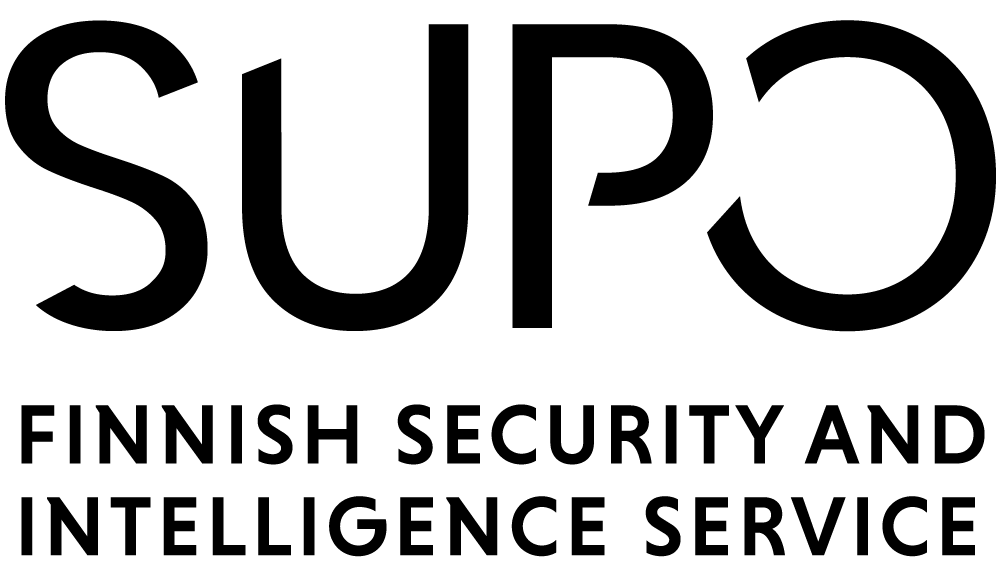Frequently Asked Questions on security clearance vetting
We have compiled responses to Frequently Asked Questions on this site.
The question most asked from Supo is how quickly security clearance vettings are processed. Our target is that 90 % of vettings are completed within two months, but in practice the vast majority of them are completed faster, in around 3-6 weeks. We are unable to give you an estimate of when a security clearance vetting investigation will be completed.
